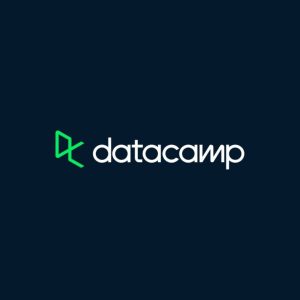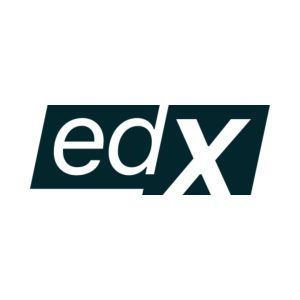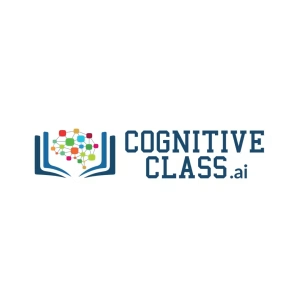Data Science
Showing 661–672 of 1577 results

Generalized Linear Models in R
The Generalized Linear Model course expands your regression toolbox to include logistic and Poisson regression.

Generate batch predictions using a deployed model in Microsoft Fabric
Save and use your machine learning models in Microsoft Fabric to generate batch predictions and enrich your data.

Generative AI: From Theory to Product Launch
Hands-on experience with Generative AI models for cutting-edge applications using LLMs and diffusion models for content generation and more.

GeorgetownX: Demystifying Biomedical Big Data: A User’s Guide
Whether you are a student, basic scientist, researcher, clinician, or librarian, this course is designed to help you understand, analyze, and interpret biomedical big data.

Geospatial APIs for Data Scientists and Application Devs
Discover the power of geospatial APIs for data scientists and application developers. Learn how to integrate spatial data into applications, perform geospatial analysis, and develop location-based insights for various industries.

Get and transform data with Power BI
The first step to insights begins in Power BI Desktop where you connect to and transform your data in preparation for data modeling. Start here to learn how to ingest and transform data in Power BI.

Get data in Power BI
You'll learn how to retrieve data from a variety of data sources, including Microsoft Excel, relational databases, and NoSQL data stores. You'll also learn how to improve performance while retrieving data.

Get started building with Power BI
Learn about Power BI, the building blocks and flow of Power BI, and how to create compelling, interactive reports.

Get Started Querying with Transact-SQL
Learn how to use Transact-SQL to query data in a database.

Get started with Data Activator in Microsoft Fabric
Use Data Activator in Microsoft Fabric to easily monitor and take action on your data.

Get started with data science in Microsoft Fabric
In Microsoft Fabric, data scientists can manage data, notebooks, experiments, and models while easily accessing data from across the organization and collaborating with their fellow data professionals.

Get started with data warehouses in Microsoft Fabric
Data warehouses are analytical stores built on a relational schema to support SQL queries. Microsoft Fabric enables you to create a relational data warehouse in your workspace and integrate it easily with other elements of your end-to-end analytics solution.
